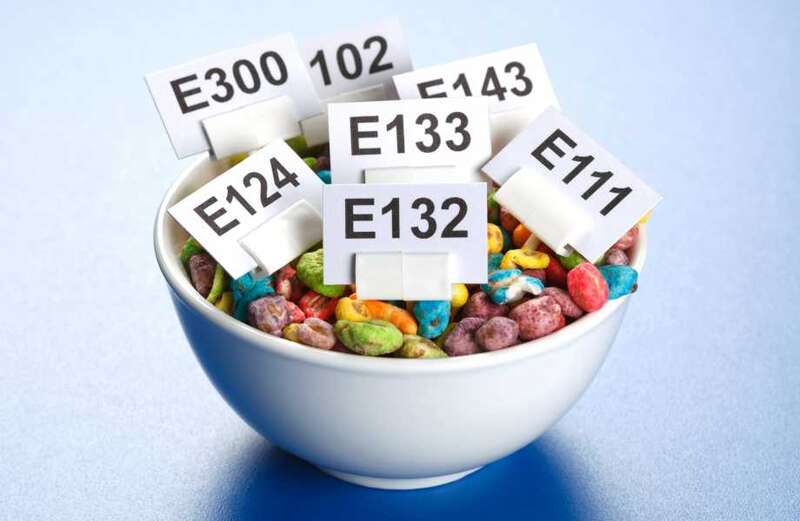FOOD additives are contained in everything we eat, from bread to meat, and tins to freezer meals.
Scientists reckon that the average person in the UK now consumes more than EIGHT KILOGRAMS of chemical additives every year.


Eating too many heightens our risk of developing and dying from cancer.
They have also been linked to serious conditions including heart disease and type 2 diabetes.
Yet more than 70 per cent of us do not know how to spot ultra-processed foods that are laden with artificial sweeteners, colourings and preservatives.
 From tongue scraping to saying no, here are 12 health trends to try in 2023
From tongue scraping to saying no, here are 12 health trends to try in 2023
Today Sun on Sunday Health reveals the difference between the good additives that occur in nature and the bad additives that can do damage.
Maria Dow, dietitian in the NHS and at the private Albyn Hospital, Aberdeen, said: “Almost all of our food contains additives of one kind or another.
“In some cases they are very handy and allow our food to keep for longer or protect us from food poisoning.
“Some, like the colour beetroot or ascorbic acid (vitamin C), occur naturally.
“But large quantities of any additives are no good for us because the body is not designed to process too many of them. Like many things in our diet, they should only be consumed in moderation.”
All additives are safe for human consumption and assessed by food standards chiefs before they can be added to food and drink.
They include sweeteners, antioxidants, emulsifiers, stabilisers, gelling agents and thickeners.
Additives, including natural ones, are all identified by an E-number, which appears next to the name on ingredient labels.
Scientists at Imperial College, London, revealed earlier this year how eating more ultra-processed foods, containing additives, was associated with increased risks of developing all types of cancer.
And under-fives in the UK consume more ultra-processed foods than in any other country, according to First Steps Nutrition Trust.
 I'm a nutritionist - here's the 10 best diet trends to help lose weight in 2023
I'm a nutritionist - here's the 10 best diet trends to help lose weight in 2023
The Food Standards Agency warns against foods that contain artificial food colours, found to cause hyperactivity in children, including sunset yellow FCF (E110), quinoline yellow (E104), yellow-coloured tartrazine (E102), red-coloured carmoisine (E122), allura red (E129) and ponceau 4R (E124), also red.
Food which contains any one of them has to carry a warning label for parents.
Maria said: “I’m finding more and more people are moving away from frozen and tinned ultra-processed meals which contain more additives than fresh food.
“Eliminating additives altogether would be very difficult but the key is getting to know which ones are most commonly put into our food and what the health risks are so you can make smart diet choices.”
